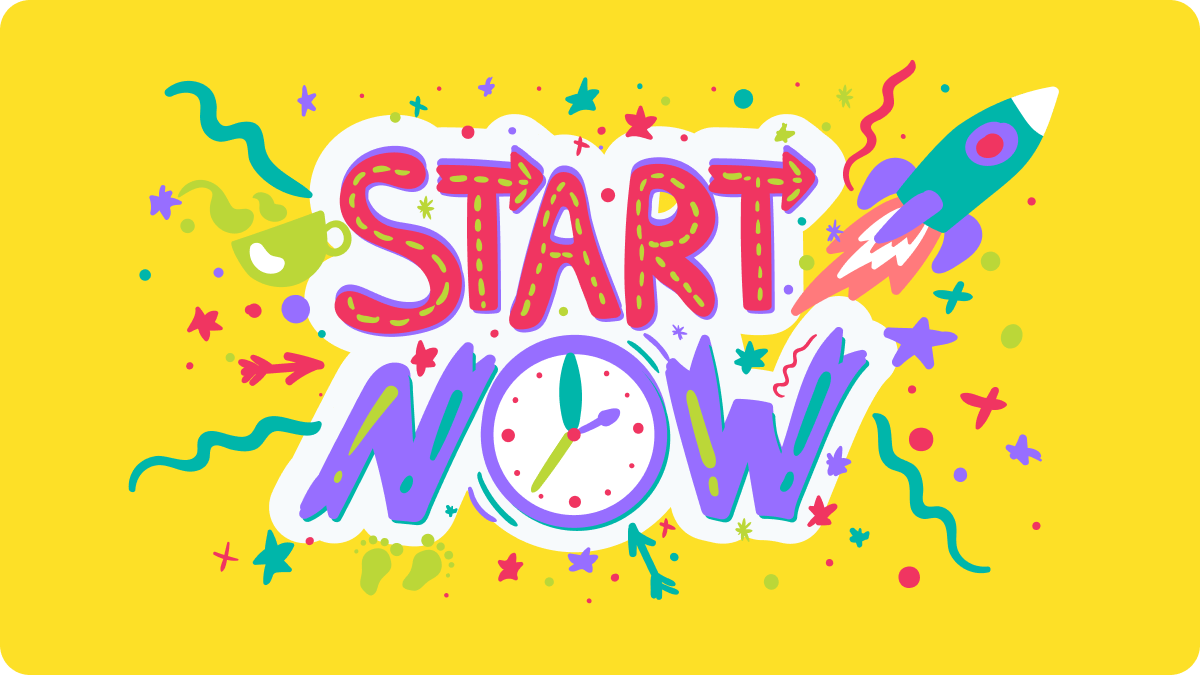Don't Leave Your Future To Chance!
If you're a permanent resident thinking about becoming a U.S. citizen, you might be wondering if now is the right time. Naturalization is a personal decision that depends on your individual circumstances, but there are several reasons why right now is a really good time to apply for U.S. citizenship.
These include:
- Processing times are at reasonable levels
- Fee waivers and reductions are available for many applicants
- Getting citizenship now—if you're eligible—is the best way to avoid problems from changing policies or circumstances in the future

A Window Of Opportunity
Just like many aspects of life, the citizenship process can be affected by changing circumstances. The fundamental right to apply for naturalization remains constant, but the practical aspects—like processing times, fees, and specific requirements—can shift over time.
Processing Times
The time from submitting your application to receiving a decision is called the processing time.
Processing times vary based on a number of factors, such as the time of year, the number of applications being processed, and the resources available to USCIS.
According to the latest published data from USCIS (September, 2025), the median processing time for naturalization applications (Form N-400) is just 5.6 months. This represents a significant improvement from the 11.5-month processing times seen in recent years.
Fee Waivers And Fee Reductions
Applying for U.S. citizenship typically costs $760, but USCIS offers both fee waivers and reduced fees for eligible applicants who find these costs challenging.
Fee assistance is readily available in 2025. Current fee waiver and reduction options are particularly generous, making citizenship more accessible to eligible applicants who might have financial concerns. These programs help ensure that cost doesn't become a barrier to citizenship for qualified permanent residents.
For example, a member of a family of four with a household income of less than $132,000 can get a 50% ($380) discount on their citizenship application fee.
For more, check out our guide to fee waivers and reductions.
Why Should Eligible Applicants Apply Now?
During my time at USCIS, I've had the privilege of working with thousands of educators and aspiring citizens on their journey to naturalization. Now is the perfect time to apply for citizenship. Fees are historically low, and 75% of applicants may qualify for reduced fees.
Don't let concerns about the test hold you back. With preparation and study of English and civics, success is within reach. Did you know 96% of applicants pass the citizenship test?
There are many free educational resources available to help you, and technology has made legal support more affordable and accessible than ever.
This is the moment. Take the next step and apply for citizenship today—I know you can do it!
 Shawn Chakrabarti
Former Education Program Specialist at the Office of Citizenship, USCIS
Shawn Chakrabarti
Former Education Program Specialist at the Office of Citizenship, USCIS
Past Changes in the Naturalization Process
Looking back at the history of naturalization in the United States shows how application requirements and processes can evolve:
- Processing times have fluctuated significantly, ranging from a few months to well over a year
- Filing fees have generally increased over time, sometimes with substantial jumps
- Documentation requirements have changed, sometimes asking for several more documents to establish eligibility
- The availability and accessibility of fee waivers has changed
Future Changes That Can Impact Your Naturalization Case
While the ability to apply for citizenship doesn't expire, waiting to apply can expose you to:
Changes In Your Personal Circumstances
The world is unpredictable. Things may change in your life that affect your eligibility or make things more complicated:
- You may lose your job and not be able to pay the fees
- You may have to return to your home country for a significant period of time to care for a loved one
- You may have a health issue that makes studying for the test more difficult
- You may have a family obligation that makes it harder to prepare for and complete the process
External Factors Beyond Your Control
Rules, regulations, and policies can change at any time, affecting the naturalization process:
- Processing times can increase due to application backlogs
- Fee structures may change
- Documentation requirements might become more complex
- Resource availability at USCIS can vary
Maria's Changing Circumstances
Maria became a permanent resident in 2015. She initially decided to wait to apply for citizenship, thinking she had plenty of time. By 2020, when she was ready to apply, processing times had increased significantly due to various factors, and she faced a much longer wait than she would have earlier.
While she did eventually become a citizen, she spent more time as a permanent resident than she had planned.
Making Your Decision
While it's important to apply when you're ready, consider these questions when timing your application:
- Are you currently eligible for citizenship? (Use our eligibility guide to find out)
- Do you meet the continuous residence and physical presence requirements? (Learn more)
- Could you benefit from current fee waiver options? (Try this calculator)
- Are you ready to make the commitment to become a U.S. citizen?
If you answered yes to these questions, you may want to take advantage of the current favorable conditions
Wrapping Up
While there's never a "perfect" time to apply for citizenship, current conditions offer significant advantages for eligible permanent residents. By understanding both the current opportunities and potential future changes, you can make an informed decision about when to begin your citizenship journey.
Remember, becoming a U.S. citizen is an important decision that deserves careful consideration. (Read more about the things you need to think about in our complete guide to U.S. citizenship.) Take the time to evaluate your situation, but also be mindful of how circumstances can change. The best time to act is often when conditions are favorable—as they are now.
This article is part of our "Should I Apply For U.S. Citizenship?" Guide — a comprehensive resource for understanding the benefits and challenges of the naturalization process.